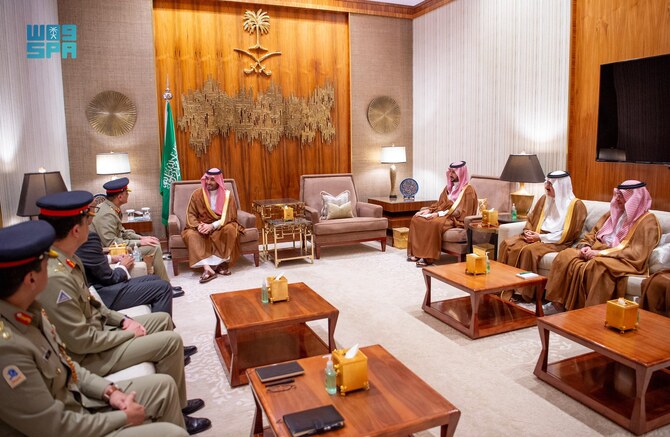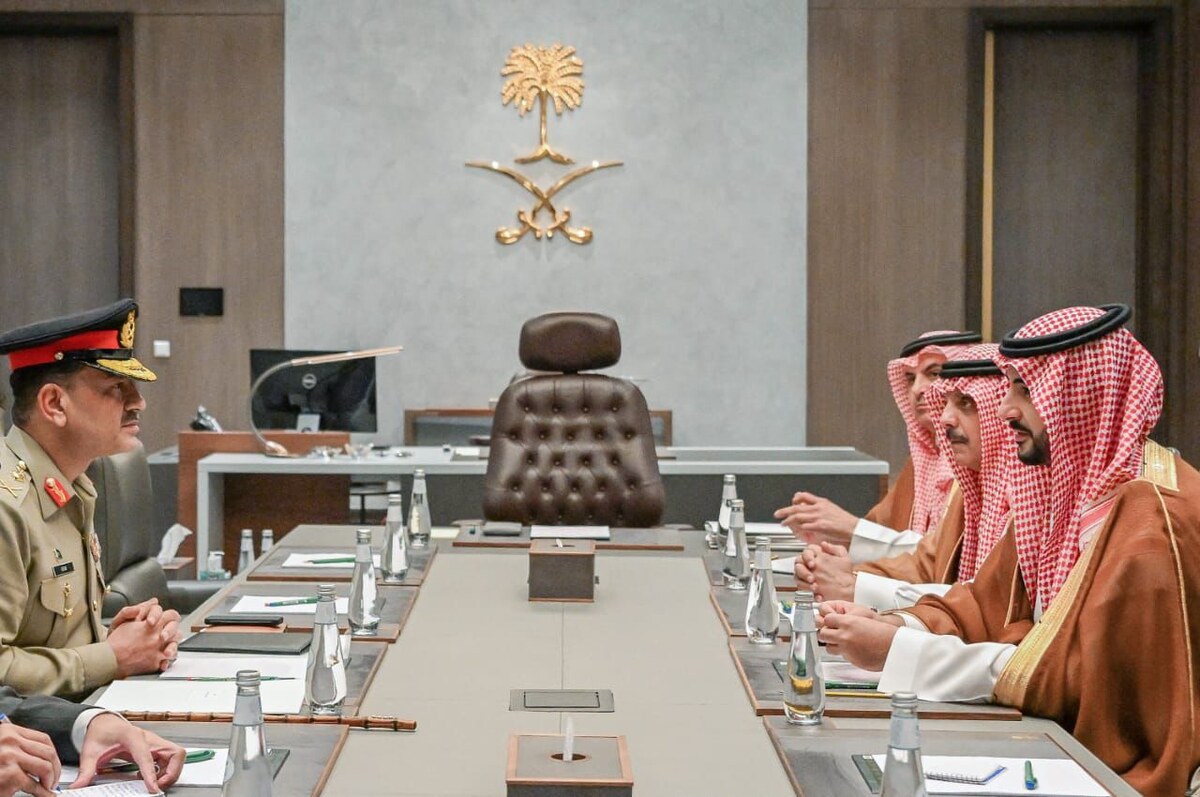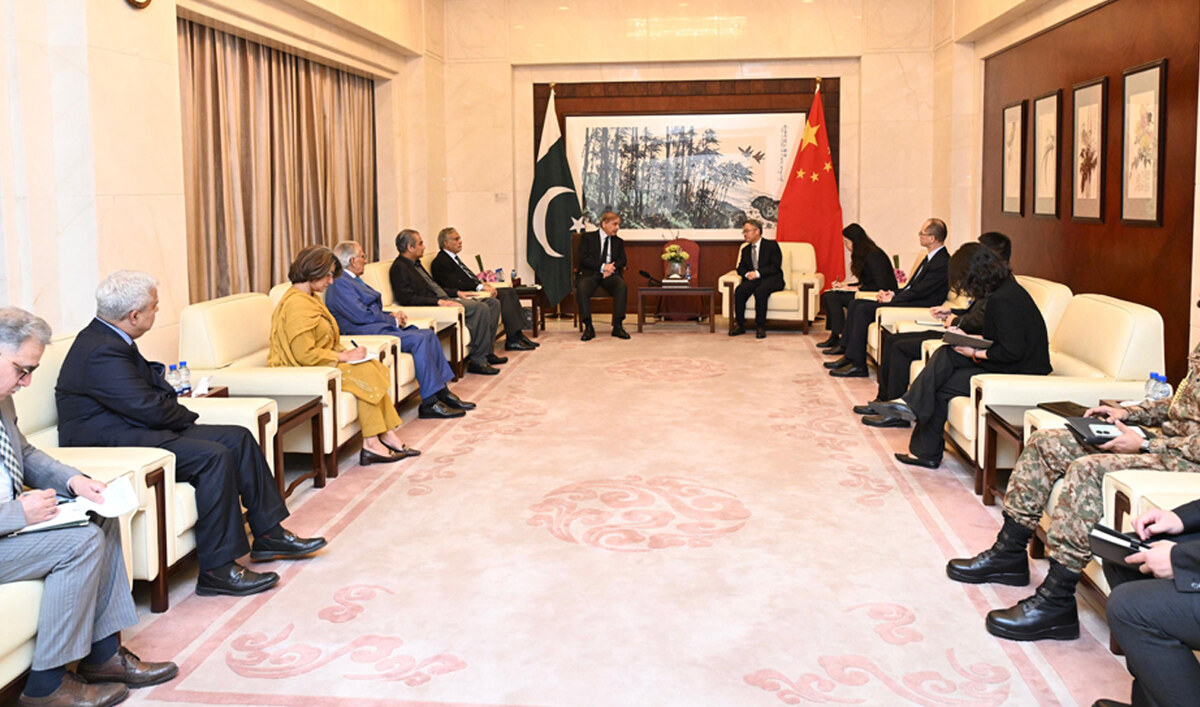QUETTA: Former prime minister Nawaz Sharif has managed to whip up significant political support in the country’s southwestern Balochistan province during his first visit to the volatile but strategically significant region, confirmed his party on Tuesday, as election activity begins to pick momentum ahead of the national polls in February.
Balochistan is a resource-rich but impoverished Pakistani federating unit that has started featuring in the country’s politics a great deal more since its emergence as a key node in a multibillion-dollar China-Pakistan Economic Corridor (CPEC) project that promises greater prosperity through regional connectivity.
Faced with armed militancy and separatist sentiment in the region, Pakistani authorities have tried to manage Balochistan’s political landscape and even appointed some of its provincial leaders to top national posts in the current caretaker setup.
Sharif’s two-day visit to the area is viewed as an attempt to strengthen his Pakistan Muslim League-Nawaz (PML-N) party’s election prospects ahead of other major factions in the country.
“Dozens of prominent political personalities in Balochistan including the ex-chief minister of the province Jam Kamal Khan Aliyani and former federal ministers Sardar Fateh Muhammad, Muhammad Hassani and Dostain Khan Domki have become part of the PML-N,” Sharif’s party said in a statement issued on X.
“If the Pakistan Muslim League-Nawaz is given another chance to run the country, we will ensure that Balochistan gets its due position because the development of Balochistan has always been important to the party,” it added.
No central or provincial PML-N leaders replied to Arab News’ phone calls or messages.
Some political analysts said Sharif’s visit to Balochistan was based on his attempt to clinch the support of “electables,” or politicians with significant control of their respective constituencies, before the rival Pakistan Peoples Party (PPP).
“Politicians with tribal influence in Balochistan remain inclined toward mainstream political parties,” Irfan Saeed, a political analyst from the province, told Arab News on Wednesday. “Now they are joining the PML-N as the political wave has turned in favor of Nawaz Sharif.”
“The PML-N leader wants to win the support of political and tribal leaders in Balochistan before the PPP manages to do that,” he continued. “Earlier this year, the situation seemed to be in PPP’s favor when politicians decided to join the party.”
Speaking to Arab News, secretary general of the Balochistan Awami Party (BAP) Manzooor Kakar said a delegation headed by the faction’s president Nawabzada Khalid Khan Magsi met Sharif to discuss a possible political alliance in the province and at the center.
“The former prime minister emphasized a joint political venture to steer the country out of its present crisis,” he informed. “The Balochistan Awami Party is ready to make a political alliance with any party for the development and prosperity of the province.”
Abul Rahim Ziaratwal, the secretary general of Pashtunkhwa Milli Awami Party told Arab News it was too early to discuss any political alliance with anyone, though he said a delegation of his party leaders had met Sharif who was visiting Balochistan after a long time.
“We had a coalition with the PML-N in Balochistan from 2013 to the beginning of 2018,” he added. “Later, our party jointly worked against former prime minister Imran Khan’s government under the Pakistan Democratic Alliance.”
A delegation of the National Party, which has a strong political influence in Balochistan’s Makran division, also met Sharif at an upscale hotel in Quetta to discuss an alliance with the PML-N.
“We have good political relations with the PML-N and both parties have expressed the will to work together in future,” Ali Langove, the National Party spokesman, told Arab News.
“The issues in Balochistan can only be addressed if the masses are allowed to elect their representatives rather than ruled by selected leadership,” he added.






















